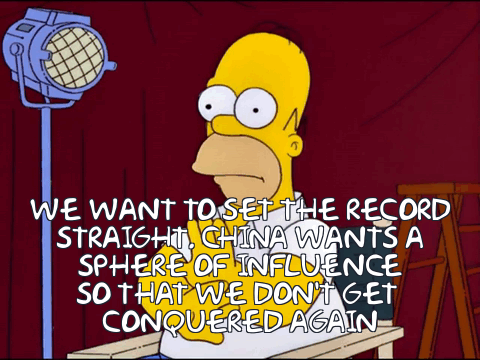Britain offers Canadian military help to defend the Arctic
Experts say that concerns about sovereignty have made Ottawa reluctant to let allies operate in the region
Murray Brewster - CBC News
Posted: September 24, 2021
Last Updated: 5 Hours Ago
Britain is signalling its interest in working with the Canadian military in the Arctic by offering to take part in cold-weather exercises and bring in some of its more advanced capabilities — such as nuclear-powered submarines — to help with surveillance and defence in the Far North.
In a recent exclusive interview with CBC News, the United Kingdom's top military commander said his country is "keen to co-operate" and learn more about how to survive and fight in a cold, remote setting.
Gen. Sir Nick Carter said Britain would also like to "cooperate in terms of helping Canada do what Canada needs to do as an Arctic country."
More at link:
Experts say that concerns about sovereignty have made Ottawa reluctant to let allies operate in the region
Murray Brewster - CBC News
Posted: September 24, 2021
Last Updated: 5 Hours Ago
Britain is signalling its interest in working with the Canadian military in the Arctic by offering to take part in cold-weather exercises and bring in some of its more advanced capabilities — such as nuclear-powered submarines — to help with surveillance and defence in the Far North.
In a recent exclusive interview with CBC News, the United Kingdom's top military commander said his country is "keen to co-operate" and learn more about how to survive and fight in a cold, remote setting.
Gen. Sir Nick Carter said Britain would also like to "cooperate in terms of helping Canada do what Canada needs to do as an Arctic country."
More at link:



 %>)




